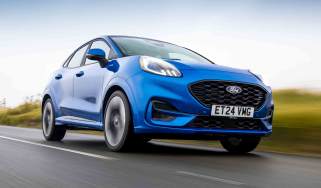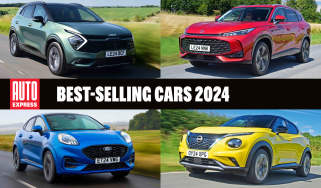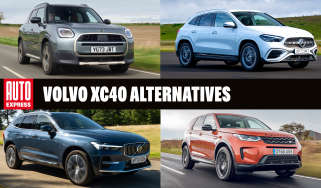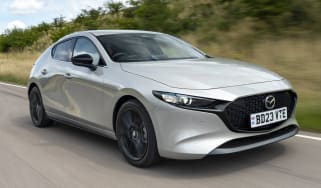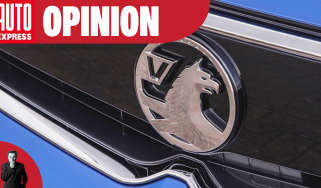Ford Puma is the UK’s best-selling car, again, as EV demand fails to meet targets
Just one-in-ten private buyers opted for an EV in 2024, with total private new car sales falling to lower levels than those seen during the 2020 pandemic
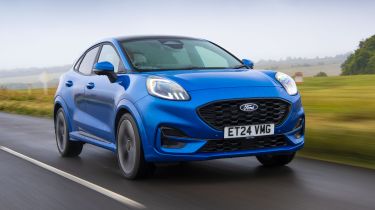
The Ford Puma has again been crowned the UK’s best-selling car, topping the 2024 sales chart as SUVs and 4x4s became the country’s most popular vehicle segment for the first time, according to data released by the SMMT (Society of Motor Manufacturers and Traders).
The Ford, which was also number one in 2023, narrowly beat the Kia Sportage, with the 48,340 Pumas registered beating the Kia by just 1,177.
Meanwhile the Nissan Qashqai, which was the biggest selling car in 2022, slipped down the rankings into third place, with more than 42,000 registered last year, followed by its smaller, quirkier stablemate, the Juke, of which more than 34,000 found homes. Rounding out the top five was the UK’s best-selling EV, the Tesla Model Y, which is due to be facelifted this year.
Despite the overall market growing by almost 3.0 per cent on 2023 and electric vehicles taking a higher share than ever before at 19.6 per cent (and reaching 31.0 per cent in December as manufacturers scrabbled for sales to hit EV targets), the news was gloomier among private buyers. Only one-in-ten chose an EV, and overall private new car sales were lower than during the 2020 pandemic, when lockdowns and new car supply problems decimated the industry.
In total, 1.95 million new cars were registered in 2024, the second consecutive year of growth for the market. However, 1.16 million of those – or six out of every ten – went to fleets, while private sales fell by almost 9 per cent.
Petrol remains the preferred choice among Brits, by some margin, as it accounted for more than 52 per cent of the total market share, followed by electric cars, then full hybrids at 13.4 per cent and plug-in hybrids at 8.6 per cent. Diesels now make up only 6.3 per cent of new sales.
SMMT chief executive Mike Hawes cites the greater selection of electric cars as one reason for their increased market share, with 133 different models now in showrooms. The appeal has been enhanced further by an estimated £4 billion of discounts from manufacturers, which Hawes acknowledges makes right now “a bloody good time to buy a BEV because incentives are at record levels”. However, these, he believes, are “unsustainable”.
And despite the industry’s best efforts, as a whole EV sales fell short of the 22 per cent target set by the Government as part of its ZEV Mandate. Perhaps even more alarmingly, the target rises to 28 per cent this year, yet the SMMT is already forecasting BEVs will only represent about 24 per cent of total sales in 2025. Hawes said: “How expensive will it be to deliver 24 per cent or 25 per cent in the absence of incentives?”
The Government has launched a consultation into the ZEV Mandate, but any changes to the policy are unlikely to come imminently. Ultimately, Hawes told us that he expects there to be pressure on manufacturers “throughout the year”.
He explained: “They’ll have new models and that should sustain part of their growth this year. But really it is a particularly acute situation, which is why when we had a round table with the Secretaries of State for Business and Transport, as well as other ministers, a couple of months ago, all the manufacturers were asking for a review of the mandate.
“Even those manufacturers who will comply with the mandate this year said they need a review because the cost of compliance is unsustainable.”
Britain’s top-selling cars 2024 (based on preliminary data)
- Ford Puma - 48,340
- Kia Sportage - 47,163
- Nissan Qashqai - 42,418
- Nissan Juke - 34,454
- Tesla Model Y - 32,862
- Volkswagen Golf - 32,370
- Hyundai Tucson - 32,174
- MG HS - 30,207
- Volvo XC40 - 30,202
- Volkswagen Polo - 28,981

